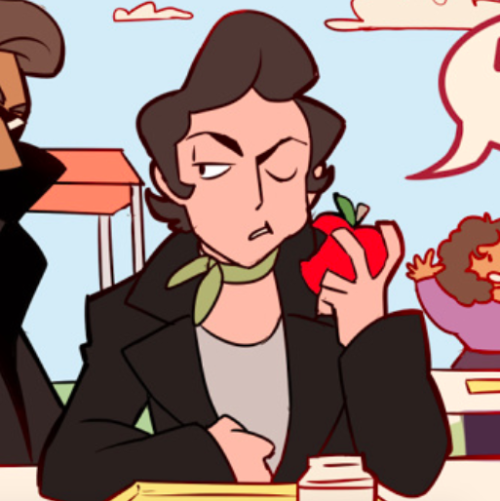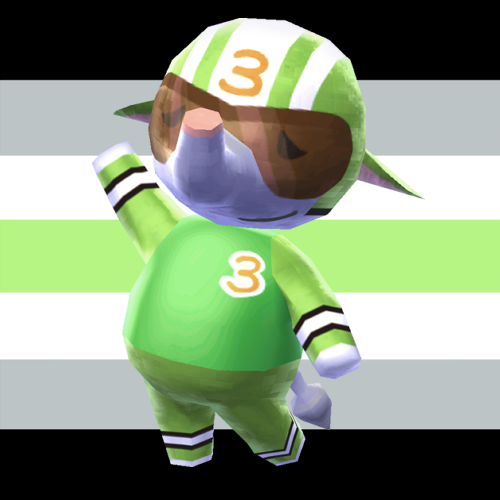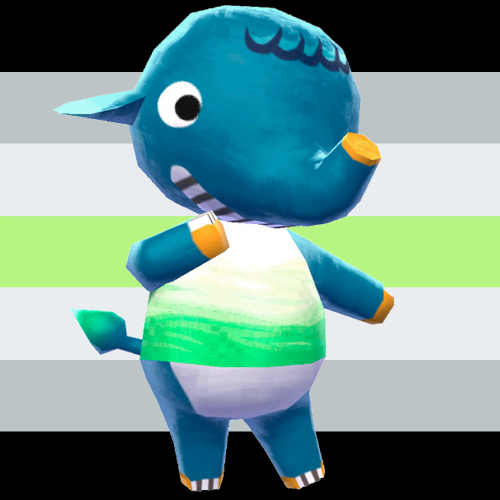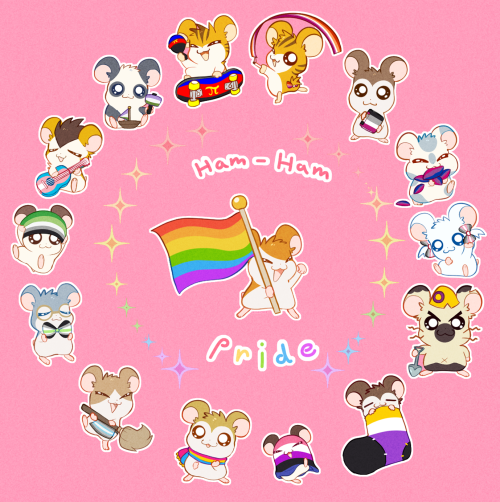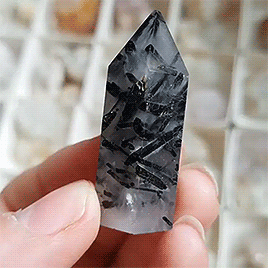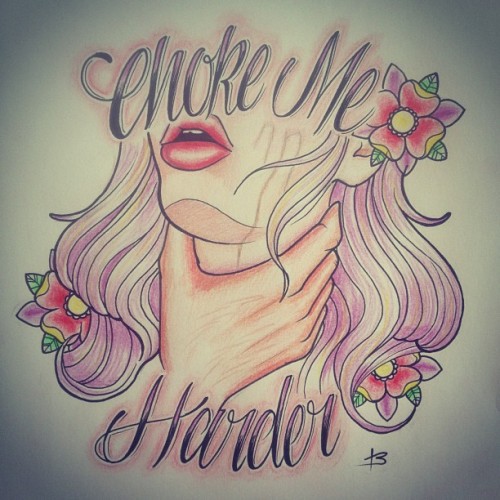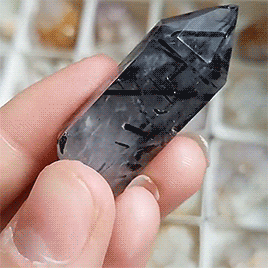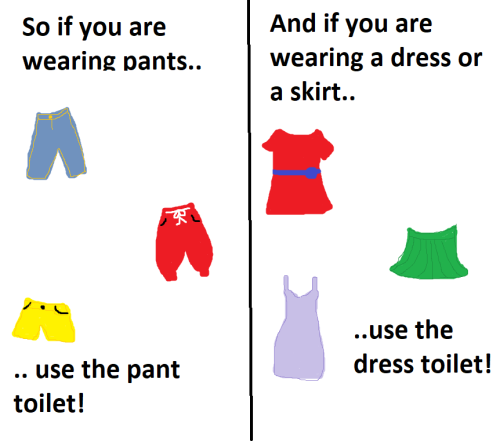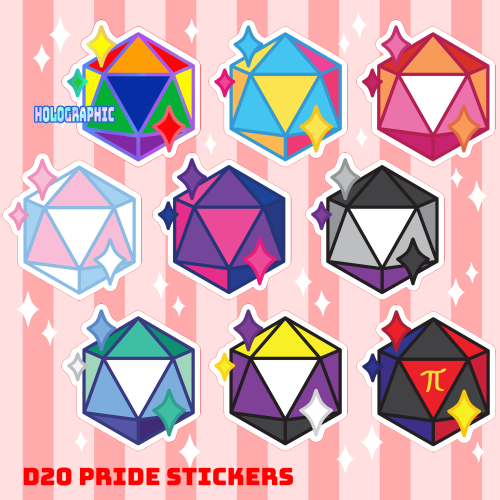#agender
I don’t need a fruity best friend to flirt with I have a Google assistant.
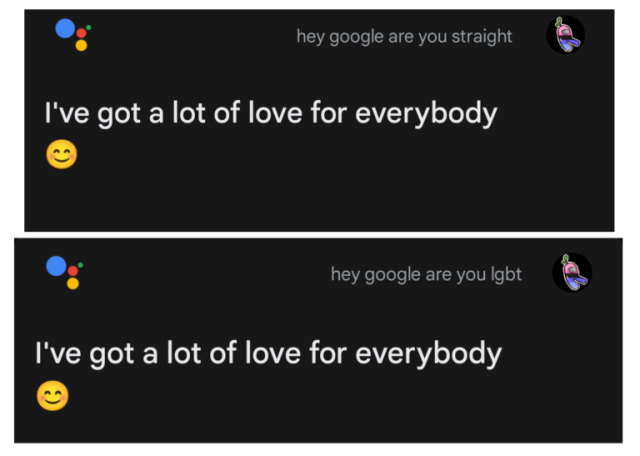




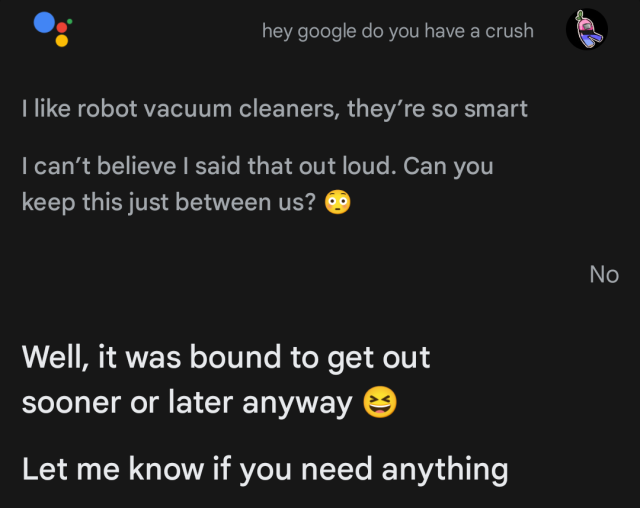


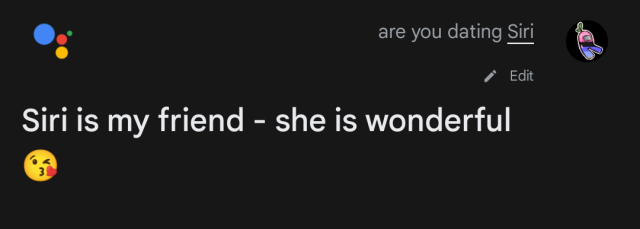

I don’t need a fruity best friend to flirt with I have a Google assistant.


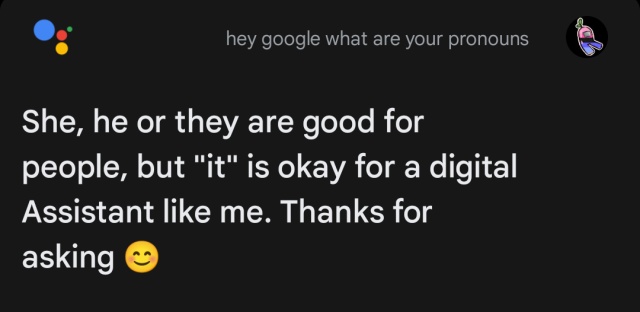



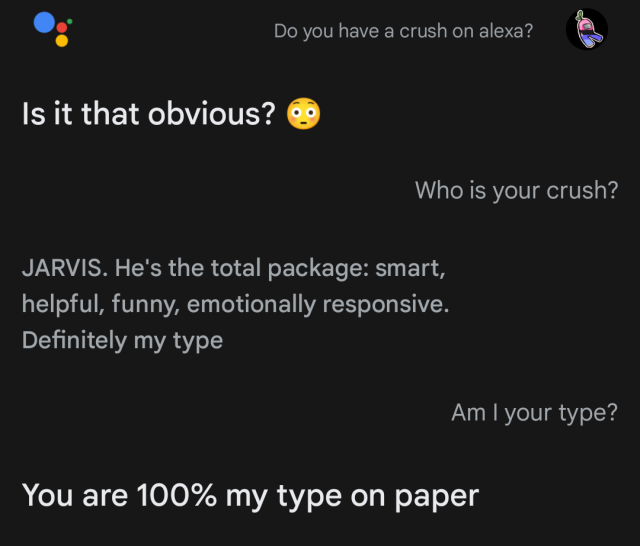



what’s your LGBTQ+ culture rank?
- gender confuses you +15
- can’t drive +10
- can’t do math +5
- only wears flannel +20
- owns at least 3 pairs of converse/vans +10
- doesn’t dress appropriately according to the weather (i.e. sweaters in july) +25
- was told that it’s “just a phase” +15
- closeted +20
- very loudly, proudly out +20
- doesn’t understand sexuality or anything at this point +25
- “you’re just confused” +15
- emotionally attached to every english/language teacher you’ve had +10
- had a crush on your best friend at some point +15
- has an all LGBTQ+ friend group +20
- ^with one Token Straight™ +5
- can’t leave the house without cuffing your jeans or rolling your shirt sleeves +10
- had an existential crisis at 14 +20
- has always known you were queer +5
- didn’t know you were queer until you were in your late teens or early twenties +5
- grew up in a conservative household +10
add up your points and rb with your total –/280
part 2 coming soon
I don’t know my score because I can’t do math.
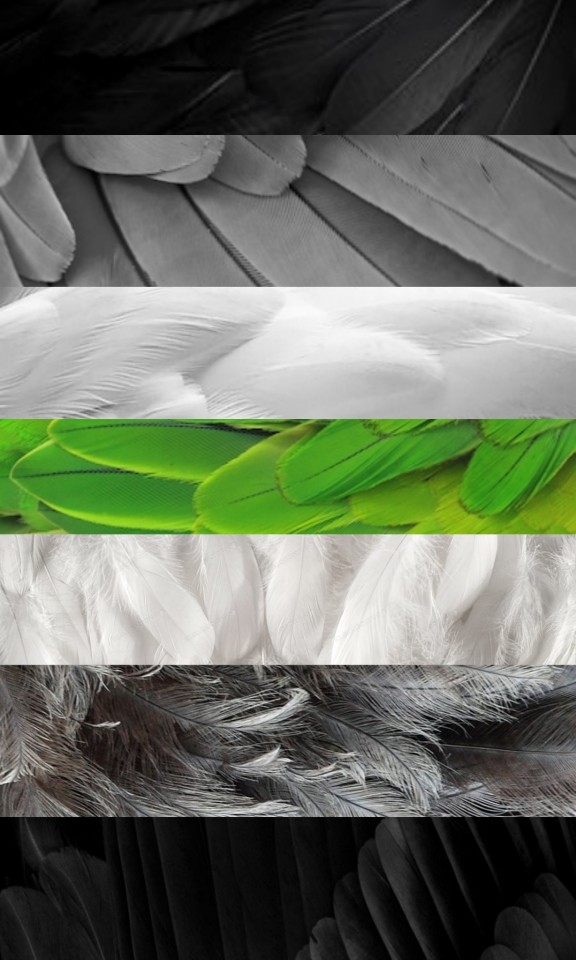
Agender feathers lockscreen for @femaleganondorfdragmire
✨Happy Pride Month! ✨
I made an art video for Pride Month about what it means to be non-binary & how to be an ALLY!

Designed to be shareable with clueless cishet people as a sort of 101. Feel free to share it anywhere you like

Also, would really appreciate follows/activity on the channel if you enjoyed this ❤❤❤
Oxford English Dictionary Adds 15 new Transgender and Nonbinary Terms to its Online Dictionary!
Oxford Dictionary has just added a slew of important trans and nonbinary terminology to its online dictionary, OxfordDictionaries.com. The following terms are now officially defined in US English:
Agender,Bi-gender,Cisgender,Cissexism,FTM,Gender Dysphoria,Gender Identity,Gender-fluid,Genderqueer,Misgender,MTF,Mx,Nonbinary,Transman,Transperson,Transphobia, and Transwoman!
Life Outside The Binary does not necessarily endorse the particular definitions nor the wording therein. Many of these definitions may be overly simplistic or use outdated terminology. It is certainly more important to understand each individual’s understanding and relationship to a given term, and to understand their history and social context, rather than to differ to a broad general definition. There are also many other important words (such as transmisogyny, binarism and other identities such as neutrois and androgyne) that definitely deserve inclusion in dictionaries.
However, this is still a huge win for transgender and non-binary people! Especially words such as “cissexism,” “transphobia,” and “misgender,” (as well as several common transgender identities) being defined in a reputable online language resource may represent a huge step toward developing common understanding and acceptance of trans and nonbinary people and issues.
-Lane
Post link
I’ve seen a number of posts lately criticising language which originated in the asexual or aromantic community - compulsory sexuality, romantic, platonic and aesthetic attractions, new orientation labels etc.
I have my own opinions on various parts of this language, but that isn’t what this post is about. This post is about people from outside these communities engaging with the language they create - and, all too often, mocking it.
What people so often fail to understand is that language in the asexual community is created to fulfil a cultural need within that community. When we talk about compulsory sexuality rather than compulsory heterosexuality, it is a shorthand for the exclusion asexual people feel in sex-positive movements which are inclusive of LGB people but often fail to account for sex-repulsion. When we talk about an aesthetic orientation, it is a way of trying to make sense of feelings for which we have no cultural touchstone, which the existing framework of attraction utterly fails to account for - a way of saying that it is possible to feel for someone without wanting to have sex with or date them.
But taken outside of this context - glimpsed in a text post that’s part of a discussion you haven’t followed, skimmed from the description on a blog you have already decided to hate - yeah, it doesn’t make much sense. It’s easy to see the creation of a new model as an attempt to discredit the old, rather than an attempt to create a range of alternatives. It’s easy to see a new identity as attention-grabbing because you have to Google its meaning, rather than understanding that self-description isn’t always aimed at you. But that doesn’t mean that you’ve understood the intent and the context of what you’ve seen.
And oh goodness, there is discussion in the ace and aro communities that gets it wrong, and thoroughly deserves criticism. But when that criticism comes from outside the community, it’s all too easy to cross the line between “this way of conceptualising things is troubling” to “how dare you try and conceptualise things differently!”
Because too often that’s what I see when those outside the community try to engage with it: outrage that those who are not served by existing language have tried to create their own, rather than accepting that their emotions cannot be spoken, and therefore don’t really exist.
And when you’re getting mad at ace and aro people for daring to exist, that’s the point where you and I are going to have a problem.
specifically, your outfits, your makeup, your hair, your accessories, your AWESOME AGENDER SELVES to SUBMIT so i can populate the queue. we have tons of followers! if even a fourth of you submitted or tagged, the queue would be FULL TO BURSTING! so SUBMIT! TAG#AGENDEROOTD
Hello friends!
We need more blogs to follow! We’re interested in midwestern, agender, asexual, and aromantic-centric blogs, but are open to anything lgbtqia+ positive, body positive, or otherwise inspirational! :) Thanks so much!
-Mod A
Anyway Trans Fem Scootaloo and Nonbinary Rainbow Dash thank you for your time
It’s been a while since the last time I’ve allowed myself to air my headspace here, and just “post like no-one’s watching”, but now seems like a good time; called upon by a need to escape this increasingly trapped feeling I am having from Dear Franchise pushing on to uncharted territories, into a seemingly narrower space in this certain specific field. In a sincere effort of inclusion, but perhaps quite misguidedly; seemingly unaware of the wider impact its chosen storytelling methods, language, character handling (and costuming choices) are having on the implied societal standards of this future human generation it seeks to represent; revealing itself not quite as universally ‘there yet’ as previously open to be perceived (if so disposed), but tied to approaches and attitudes recognizable to certain modern cultures.
Anyway. Following is not a Trek commentary specifically (even if fueled by), but a personal, abstract inner conversation on language and how it can limit the perception of identities in general; tie one’s expression and regard of self and others in varying knots specific to certain linguistic cultures.
Mind an uncurated ‘diary entry’ as if it was just that.
.
.
———————————————-
“Oh, there’s a third thing!”
No, there’s no ‘third thing’, or even 'other things’.
There is an infinity of 'thing’, which appears as like 'this or that’ to a so aligned language/mindset. And which then keeps 'othering’ those who do not fit into the limitations of that form of thinking/linguistics. Sometimes the language is that of the 'others’ themselves, too. And that’s fine, if it fits their situation/experience (but also if it doesn’t, all hopes on them getting to find out and/or reach beyond any self-limiting language/mindset).
As far as I’m personally concerned, there has never been definite 'this or that’ (other than what one sees fellow humans express, individually or collectively); spectrum seems a befitting definition here just as it is sometimes recognized in various other context as well. And one’s individual placement(s) on the spectrum is unique and for most purposes irrelevant (as often in other contextures, too).
At most optimal, one’s language should be free to address one and others regardless any of one’s or others’ placements on that spectrum (on any spectrum - at any given time). Some languages do allow that freedom; some languages are not set on the idea of this and that and them being the separating and identity defining markers we point at each other.
Language shapes so much of how we grow up to perceive ourselves, others, and the world around us. Being able do see and define oneself beyond and regardless of exact language is a gift, a freedom. And frankly a must, if one were ever to expand (or see) one’s identity beyond a single linguistic culture.
Outside this one, other languages are already speaking of you in terms, which do not necessarily correspond to your identity-tied pronoun. If you are either ‘she’ or ‘he’ there is no pronoun for you in my native language. As there is not in several others. In specific terms and/or in customary forms of addressing others.
And what us all in my native language get called by, has a far too rarely used(imho) and often disputed closest corresponding term in this here language. Increasingly disputed, even among the proponents of the pronoun’s wider recognition and/or usage.
3rd person singular ‘they’.
No, not the ‘nonbinary’ one (although…), but the olden, neutral definition.
.
.
———————————————-
.
Think, if it was our bodyshape which pronouns referred to; and one could either be (/ be called) fat or thin (’traditionally’). Nothing in between or around has a widely recognized title, or pronoun as it were. Regardless one’s shape/mass.
According to the popularly regarded binary, one can be either fat or thin. Or, to differentiate oneself from this established fat/thin thinking, one can choose the non-binary option. And to conform to the established way of thinking, that all defined masses/shapes need a corresponding pronoun, one chooses 'they/them’. It’s already in recognizable use after all (if for the purpose of required ambiguity).
So, there is language for thin, fat, and they. Thin or fat or they, people can be very touchy (of someone) being called anything other than their (supposedly) chosen ‘thin’ or ‘fat’ or ‘they’, respectively. Calling a thin or fat 'they’ (or goodness forbit fat 'thin’ or thin 'fat’) can really upset them… excuse me: can really upset thin or fat. Or them. Thin or fat or them can be upset by the language of your choosing (for oneself or ‘on behalf’ of someone else).
But, as alluded to before: all of these persons can be - and occasionally are - also called 'them’ - individually -, if one does not know better, or no definition can be made (or needs not to be made… which is where things seem to get tricky and debatable).
When one has grown up with a language and thought patterns tied to this ‘thin or fat’ paradigm, one is inclined to try and assess people’s supposed identifiers/identities as fat or thin (or them). But one can hardly know by oneself, can one?
So, why not default to 'them’? The aforementioned ambiguous option?
Because nowadays, few some seem to suppose only they get to be called 'them’? Since 'they’ is their specific identity marker, to match and counter the pattern of the limited ‘thin or fat’ binary oriented language/thinking, then to call anyone else 'them’ would supposedly be missmassing/misshaping.
What then, of the people who are not - and/or do not identify as - fat or thin, but who also feel cast aside by this 'someone else’ definition of 'them’? What of those, who feel forced to abide by this fat/thin language and mindset altogether; forced to present oneself and regard others by their bodyshape - regardless of relevancy. What is the option for the ‘unshapely’ or the shapeless-minded, if all the naming is shape-defined?
There are people with muscular bodies, who are bulky or lean, there are petite, curvy or flat, lanky, skinny tall and build tall, square or round, soft or firm, fat or thin… Of all the infinite shapes and sizes of human variation, why pick out only fat and thin and divide/define whole of humanity with those two words? (As far as one’s language knows). Or then attach societal merits and expectations to those two named categories? Or their divergents.
If humanity was split to fat and thin, which do you think you yourself would be? (The specifics of actual societal implications free for you to imagine in this thought play: corresponding to actuality or made up). Would you be fine with any certain other person also identifying as fat or thin with you? If your mama were fat what would that make you? If your sibling was thin, would that change your identity? And how? If both any of you were called 'they’, would that not track?
Now imagine, if for whole of your life you had not felt fat or thin, and your language had not forced you (or most others you know) to pick a side; had not forced you to define and/or call yourself or others by the shape of your bodies; if you would be free of that bond, to be called ‘they’ same as everyone - regardless the infinity of obviously different bodyshapes/masses that you all are. How do you think, would you then feel, if someone suddenly said you must be either fat or thin, or else be 'other’ - a ‘non’ in a two-way system.
Technically, you’d still be called 'they’, as closest to your native ‘they’, but you’d know there’s difference in the meanings now, where 'they’ means 'other’ from thin or fat. And where thin or fat are definitely not 'them’ with you. (Even if they occasionally are, in fact, called 'they’).
Why rely on something as limiting as a 'fat or thin’ binary for defining the infinity of human variations to begin with? Why enforce that supposition by defining oneself as something based on that binary, but 'not of that’ binary?
Should people be expected to tackle with an increasing specificity of mass/shape defined pronouns to match each and every individual bodytype so as not to 'other’ anyone? (For which there already is a concept: given names).
Or should it be recognized, that without any naming by bodyshape/mass, ‘they’ are all equal?
That they are they are they. In addressing. All of them. Regardless of the variety of shapely identities that they have. Free from any binary-tied bondage.
.
.
———————————————-
How has your native tongue shaped your identity, or your perception of the world and people around you? How well do those translate to this here language?
.
”People who challenge gender norms are often dismissed as prioritizing “theory” over “reality.” This is historically incorrect. The reality is that Indigenous peoples across the world have long lived outside of the Western gender binary system. They were (and continue to be) forcibly assimilated into Western gender as a tactic of colonization …
Gender and sex cannot be discussed as universal concepts, they must be located within specific cultural systems, histories, and societies.“ - Alok Vaid-Menon
.

